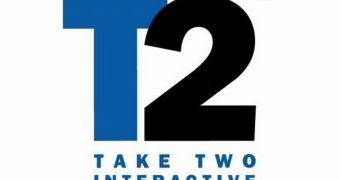Take Two is one of the videogame publishers to have often been involved in issues related to videogame classification that touches on what's acceptable and what's not in game releases. Rockstar was attacked when a mod allowed players to access risqué material in the Grand Theft Auto series, and Manhunt 2 was condemned for the way it used over-the-top violence.
Despite the problems that edgy content can bring to a publisher, Ben Feder, who is the Chief Executive Officer of Take Two, is still adamant about the fact that governments should never have the power to censor any content, including videogames.
He told Eurogamer that “We firmly believe that games are art. A), we have the right to produce art. B), the consumer should have the right to make their own choices, providing the labeling on the package is clear about the content of the game.” He says that no difference must be made between a painting and a videogame and that their content should be regulated in the same way.
Feder insists that buyers are always smart enough to make their own options as long as publisher and regulatory bodies are able to offer the information, clear and correct, needed to make that choice. His comments are relevant because Rockstar, for instance, is constantly pushing the boundaries of what can be offered in videogames, which is a boon to sales but also can spark a backlash from conservative groups that see videogames as particularly corrupting children.
There have been quite a few efforts lately to limit the availability of violent videogames but all of them have been struck down by several courts as being unconstitutional. At the moment, California is the most prominent state insisting on a law related to selling videogames whose legality is being contested in front of the Supreme Court.

 14 DAY TRIAL //
14 DAY TRIAL //